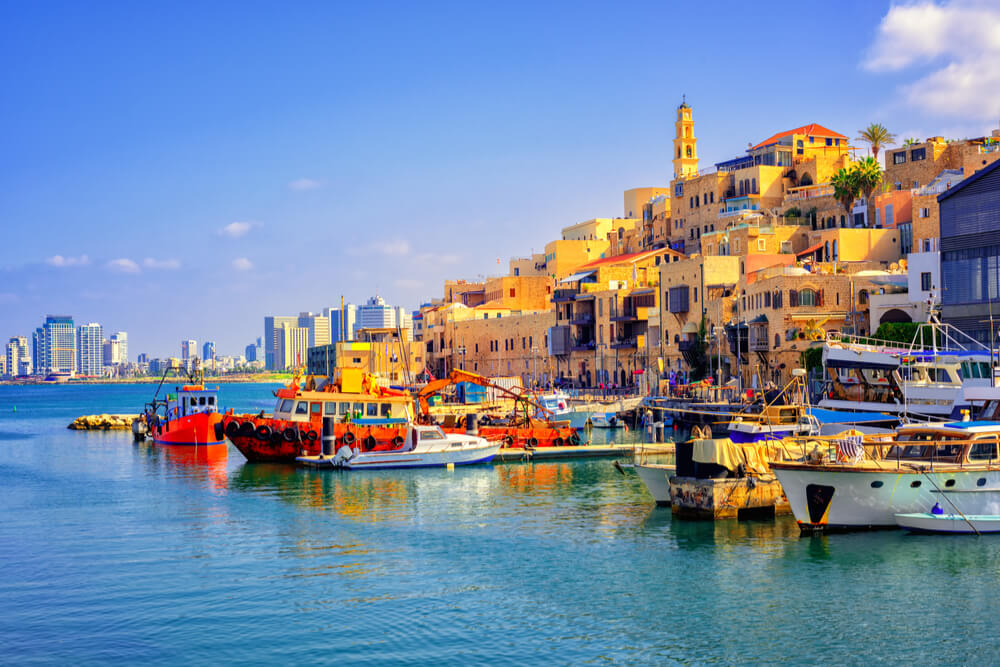Many countries – including Israel and Laos – are ramping up their crypto regulatory processes as a means of protecting investors and keeping malicious actors out of the equation.
Israel and Laos Are Pushing for Safer Crypto Environments
Israel, for example, has initiated strict anti-money laundering laws that could see much more disciplined reporting and a lot of criminals going out of business. A published document claims that the country’s Authority for Combating Terror Financing and Money Laundering is boosting its efforts to find out who is involved in crypto transactions and who might be up to no good.
Aside from looking at basic transactions involving well-known cryptocurrencies such as bitcoin and Ethereum, the organization will also monitor fintech and other monetary systems as a means of ensuring all transaction tools are secure and comply with present financial regulations. Shlomit Wegman – the director of the group – explained in an interview:
The application of the regulations constitutes real progress for the Israeli economy, the fintech industry, and for improving financial competition to provide the public with better services. The new regulations are designed to step into that space to establish order and clear standards.
The rules are centered around the Financial Action Task Force (FATF), which has set forth new legislation regarding crypto transactions and blockchain technology. Many countries around the world have begun implementing these rules and are working to ensure all crypto trades fall within the set guidelines.
Israel is not the only country taking necessary action against fraudulent crypto activity. Laos has turned its attention largely to crypto mining and is enforcing new regulations that specify the process and how companies can engage in extracting new units of crypto from the blockchain.
The goal is to make the mining process much safer and more efficient. There have been several arguments surrounding crypto mining as of late, with many industry experts claiming the process is harmful to the Earth’s atmosphere. Elon Musk, for example, initially decided that customers looking to purchase Tesla vehicles could do so with bitcoin. However, he later rescinded that decision when he concluded that bitcoin mining was causing emissions to run rampant.
Kevin O’Leary of “Shark Tank” fame has also stated that he will no longer be buying any more crypto mined in China given that the country is not known for employing environmentally friendly extraction methods.
What to Do if You Want to Mine BTC
Per the new regulations, to run a crypto mining firm in the country of Laos, you must be a full-time resident. You must also show proof of sufficient capital – enough that you can keep the business going properly. Lastly, anyone looking to open a crypto mining enterprise must deposit a minimum of $5 million in a Laos-based financial institution or bank.
These regulation-based announcements all come after India said it was looking to regulate crypto rather than outright ban it.



